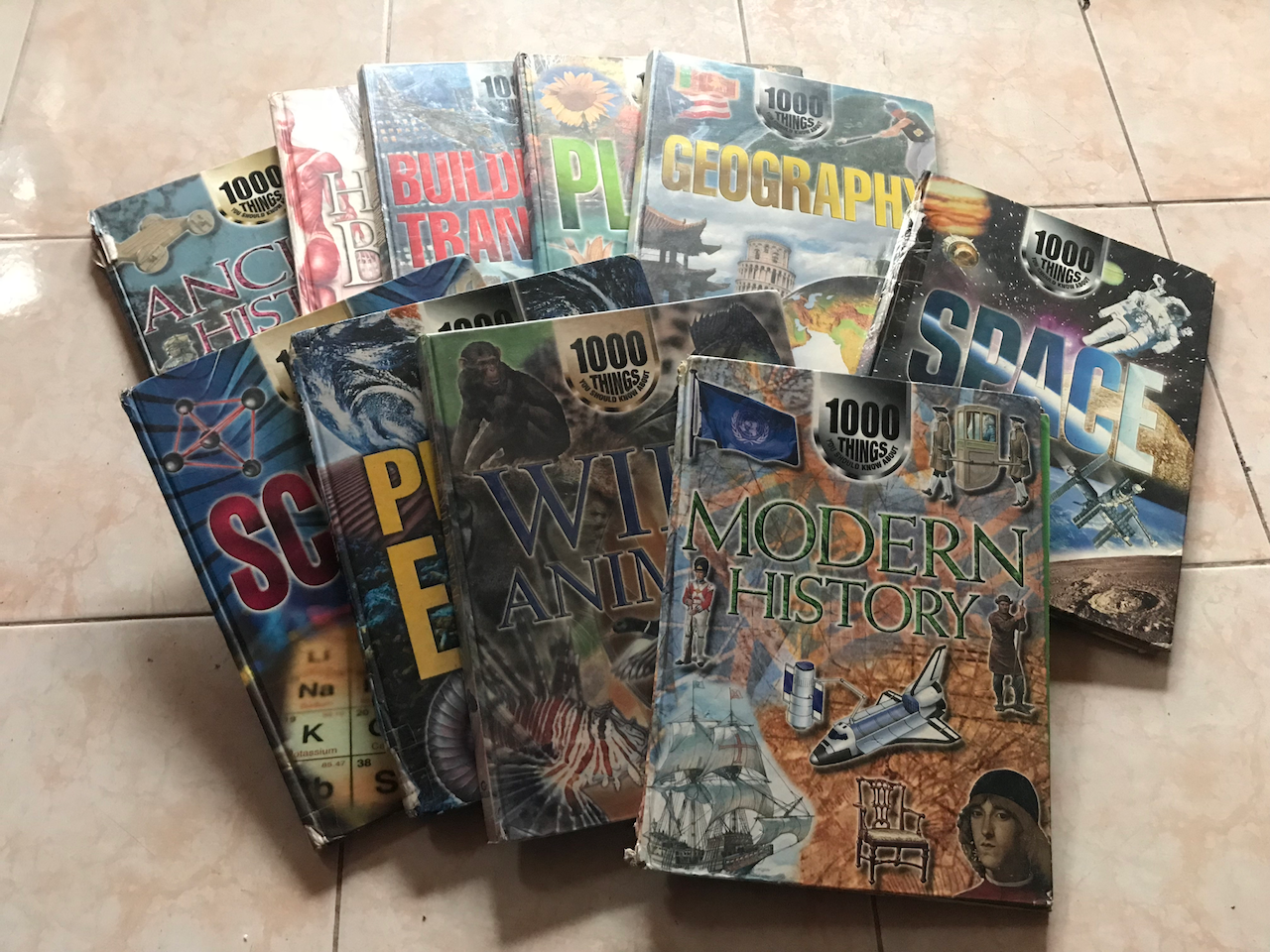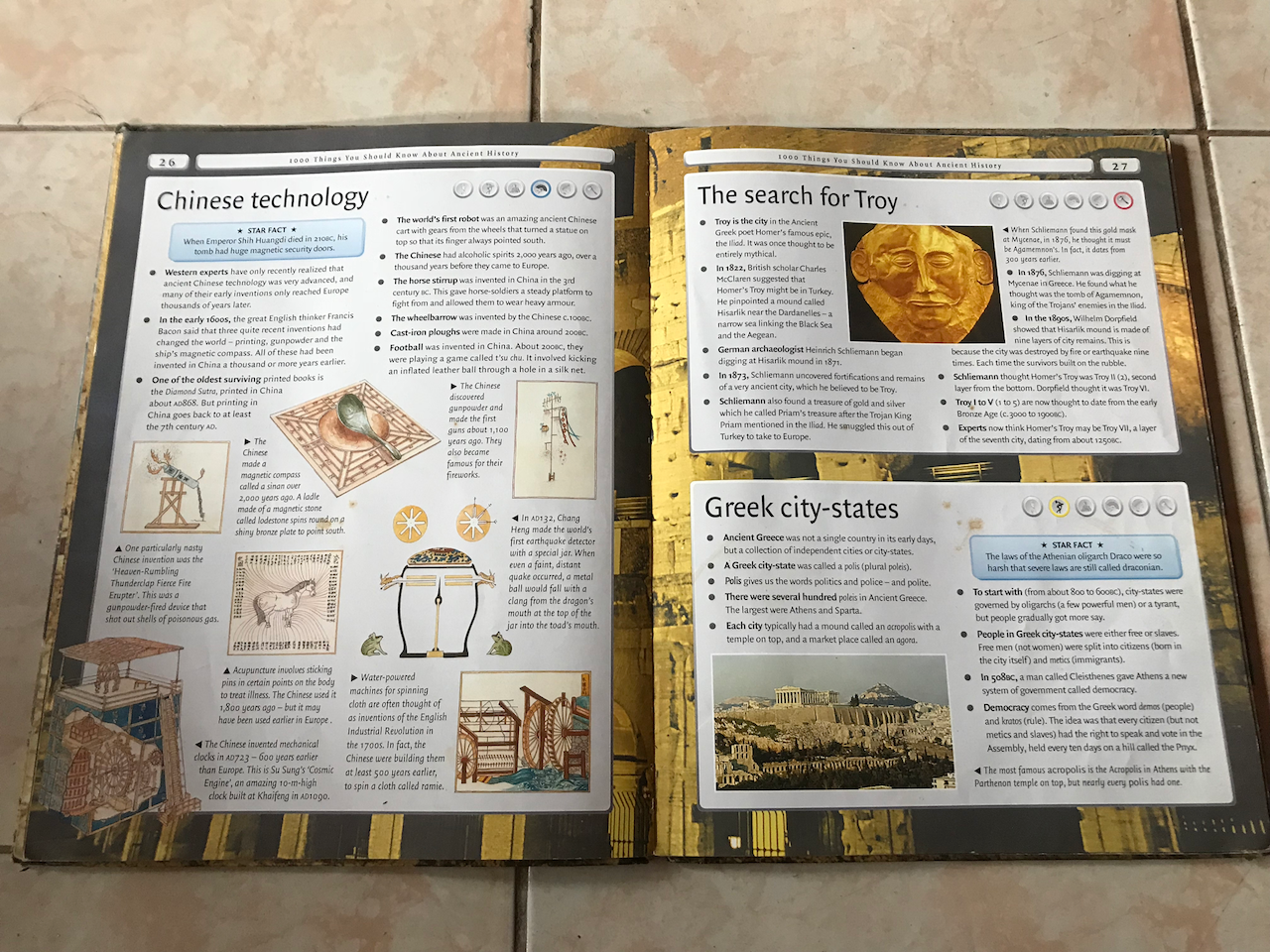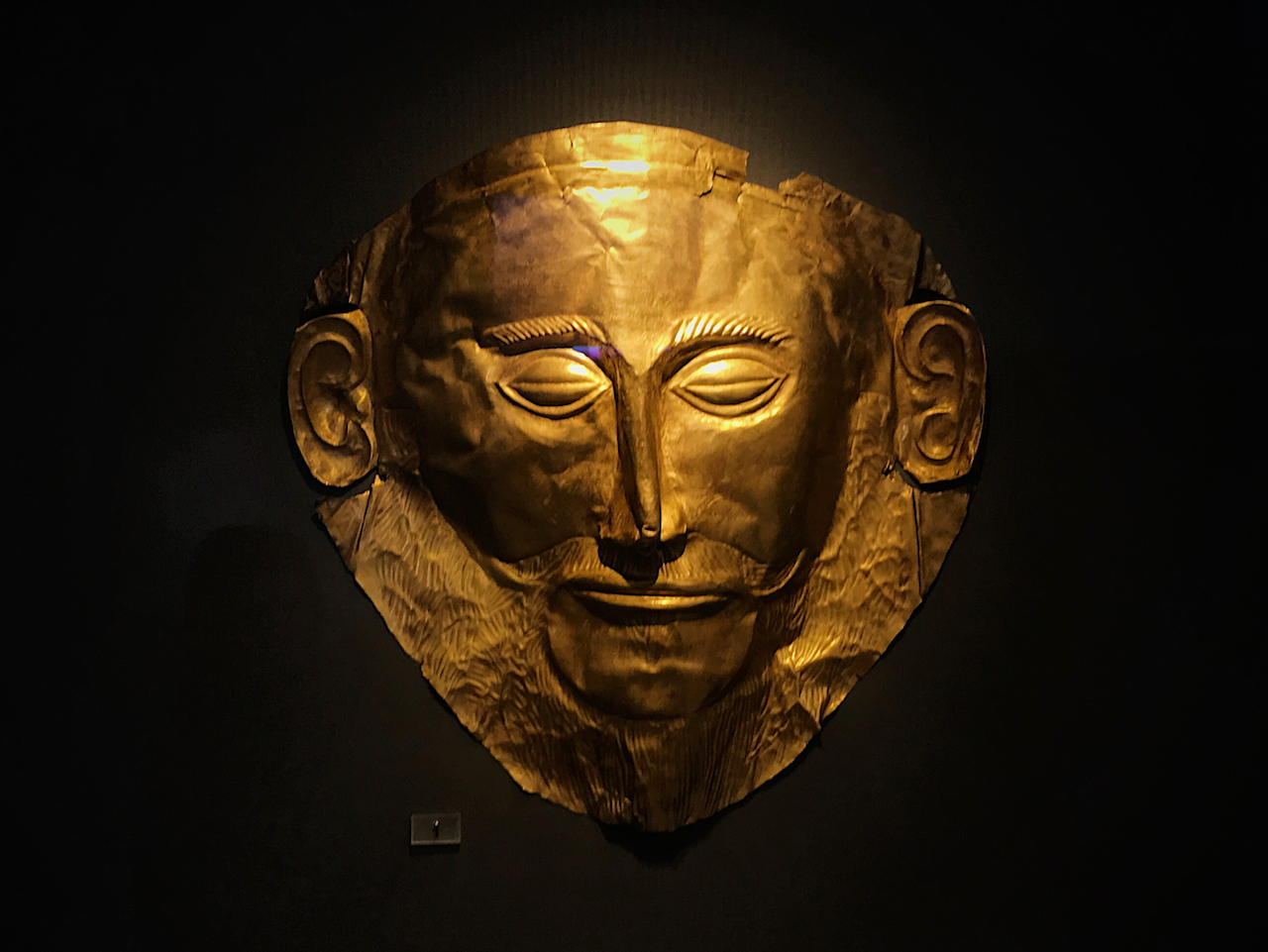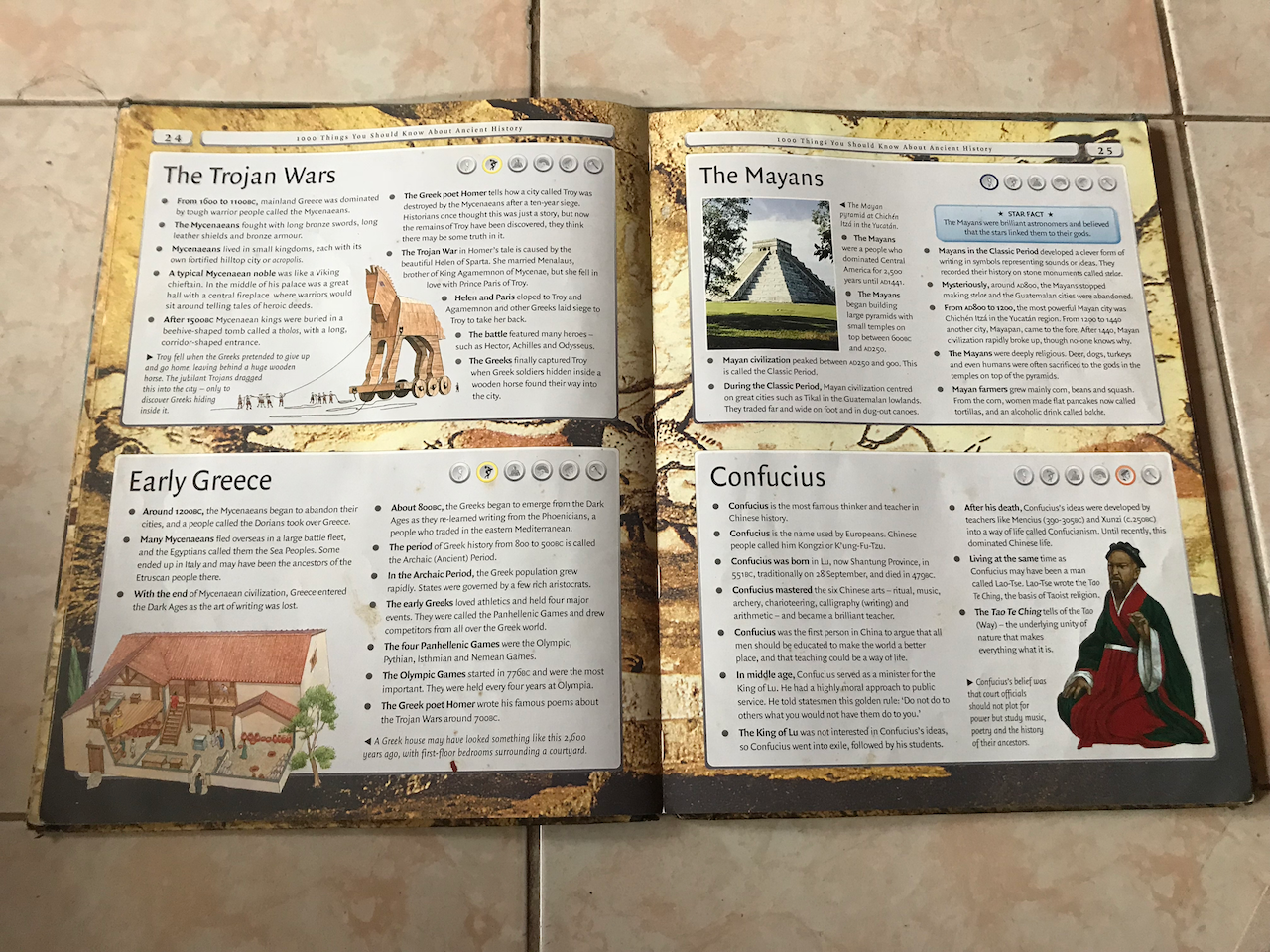After five weeks of traveling in Europe and the Philippines, I’m finally back in Beijing. I missed it so much but I believe I evaded all the hassle that happened during the October National Day week, and the one big party that essentially made all other events more fun.
“How’s your trip?” “What’s the best place you’ve been to?” Believe me, I sounded like a broken record replying the same stuff to my friends and other people. But then, surprisingly, they’re not asking for recommendations. They want to know my stories and my experiences.
So now, I write Travel Stories, my short series about the not-so-travel-stuff and, of course, stories and reflections from my recent Europe trip. I went to a lot of cities; purposely got lost; met many people, including a great number of Chinese; basically, I experienced so much that I hope many people can find my stories worthwhile, especially when they begin planning for their future travel.
—
Probably, the most interesting question that I have heard from people about my recent trip is, “What inspired you to travel?”
Good question. And here’s my answer:

That 10-volume set of encyclopedias basically widened my view of the world. My mother bought this 1000 Things You Should Know About encyclopedia set in the early 2000’s, back in the days when the Internet was slow and costly, and there was no Wikipedia yet, just Encarta which could be only opened using a compact disc.
I can’t actually remember how many times I read this set but one thing’s for sure – each of the hardbacks had 1,000 facts. I counted them one by one.
On a hot and humid summer afternoon, when my friends played outside, you would find my younger self comfortably in my bed, lying on my tummy and reading one of the volumes. Maybe now when kids look at 1000 Things You Should Know About Space, they might ask why Pluto is still called a planet.
When I recently visited home, I rushed to my brother’s bedroom to see my now-dusty source of knowledge. I was excited because I was pretty sure that 1000 Things You Should Know About Ancient History had a picture of the Mask of Agamemnon (one of the mythical kings in the Trojan War), which I saw personally at the National Archaeological Museum of Athens.


But it’s not only this mask that I saw in the encyclopedia. 1000 Things You Should Know About Buildings and Transport lists many historical places like the Great Wall of China, the Tower of London, St. Basil’s Cathedral, the Colosseum, and a lot more.
===
On my trip to Mt. Vesuvius, the famous active volcano whose eruption buried the ancient Roman town of Pompeii in present-day Italy, I met Lynne Colman, a lovely Canadian lady who has grandchildren back in Toronto. She was one of the many people who asked me what inspired me to travel. I told the very same story about my encyclopedia set back home. She thought my reason was truly inspiring.
We exchanged stories while hiking up to the crater of the volcano. There, we found a small souvenir shop that sold fridge magnets, figurines, and other jewelry made up of pumice, a type of dark volcanic rock. I bought a EUR 6 magnet, but she settled for something more expensive: an encyclopedia about Mt. Vesuvius and Pompeii.
She told me her grandkids love reading. They also love ancient history as much as I do. Lynne asked me to take a photo of her holding the book so that she’d have evidence that she bought it in the mouth of the volcano.

I told her, “I hope many other parents will buy their kids books and encyclopedia sets.” Lynne replied that reading a book is a one-of-a-kind journey, and that mobile devices can’t offer the same experience as holding a book.
I couldn’t agree more. You can download a lot of e-books or access information using Wikipedia and Google. After all, they’re accessible and easier to read while you’re on the go. I can’t help but to feel digital reads are meant for instant use since we can go back to them anytime we want to. Printed books, on the other hand, evoke a lot of pleasant memories.
===
I feel lucky that my mother bought that encyclopedia set for us, even if I was the only one in our family who bothered to read it a million times. But to be honest, never in my childhood years had I thought I would be able to see many places in the world, or experience traveling in the first place.
Every time I remember the set, I’m inspired me to see more of the world. There’s still a lot of places listed there that I have yet to go. When I randomly opened 1000 Things You Should Know About Ancient History, I saw this page:

Though I live in China, I still have so much to learn about Confucius. I’ve been to Greece. I want to learn more about the Mayans. I want to go to Turkey to see the present-day location of Troy.
Photos: Andy Penafuerte III
This post first appeared on beijingkids.

Pingback:Travel Stories: Feeling Lost in the Middle of Spain | coolkidandy
Pingback:A Passport to Adventures: A Decade of Journeys - coolkidandy
Pingback:A Passport to Adventures: Journeys That Defined My Decade - coolkidandy